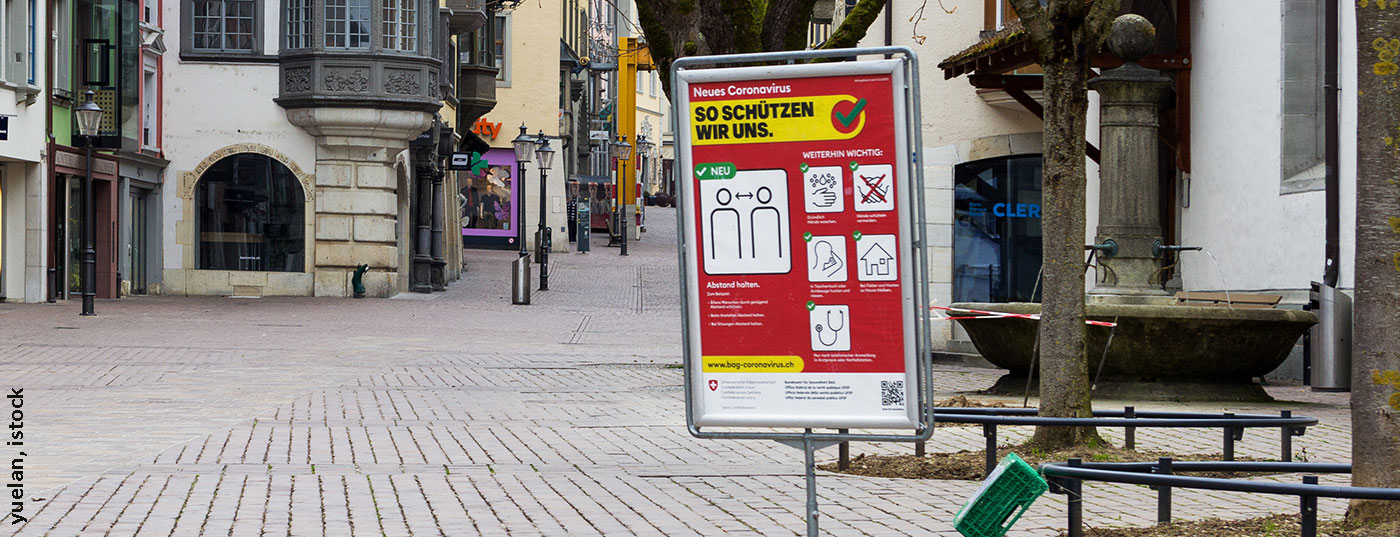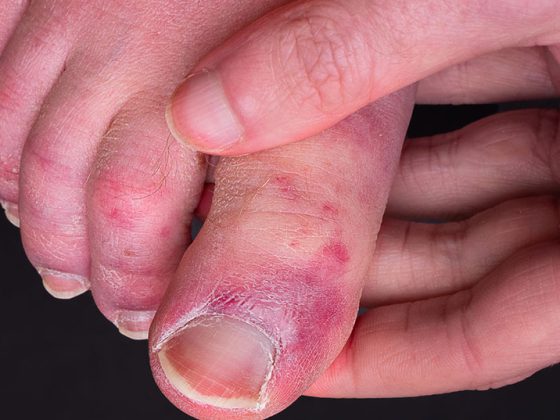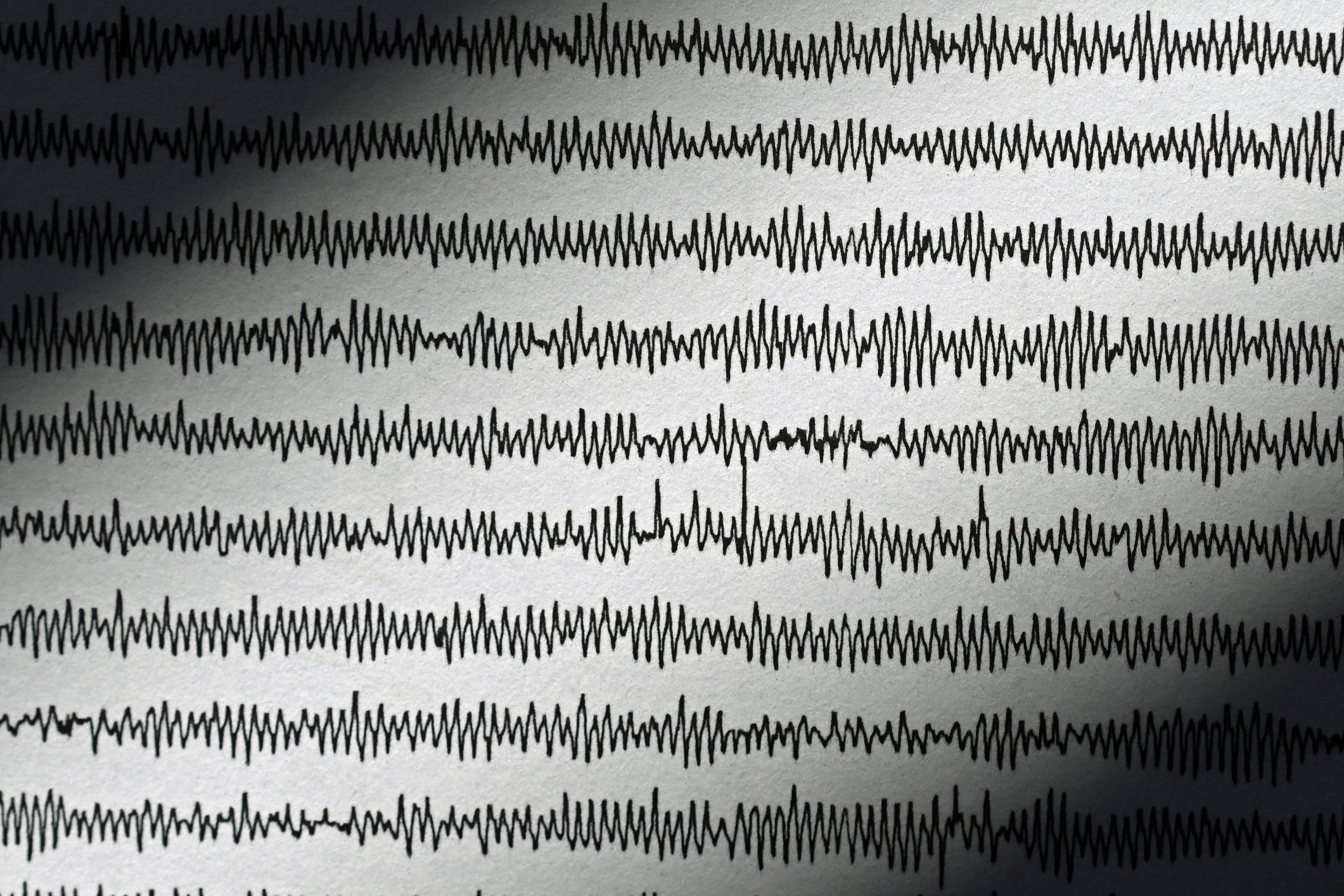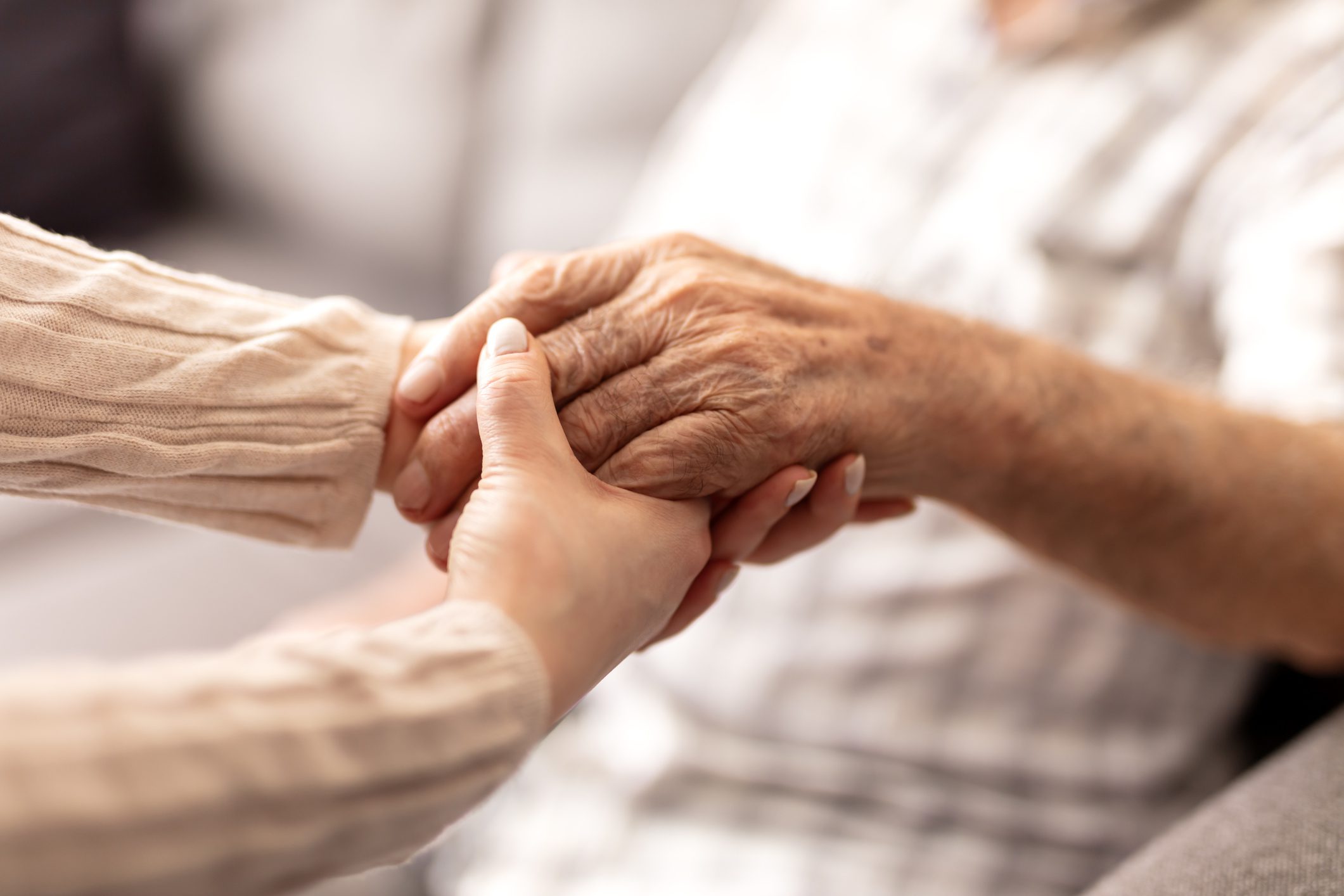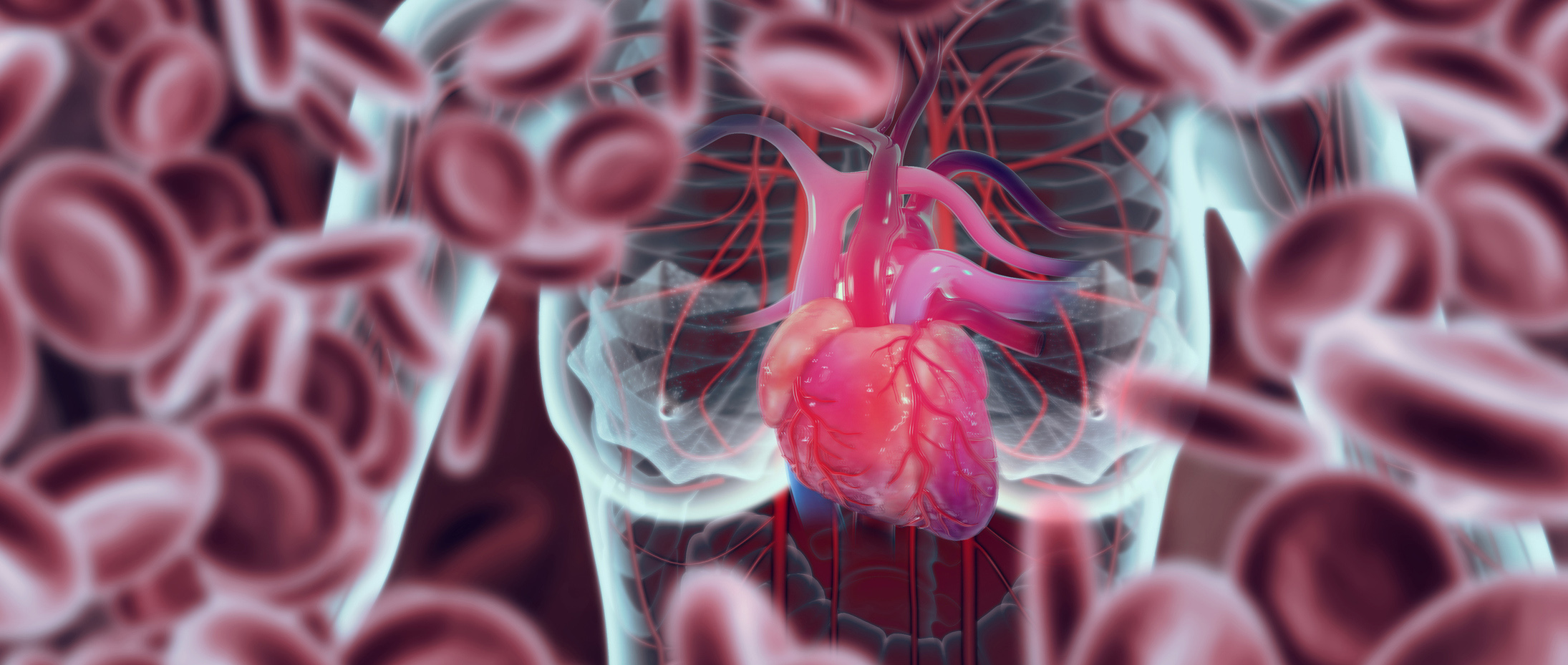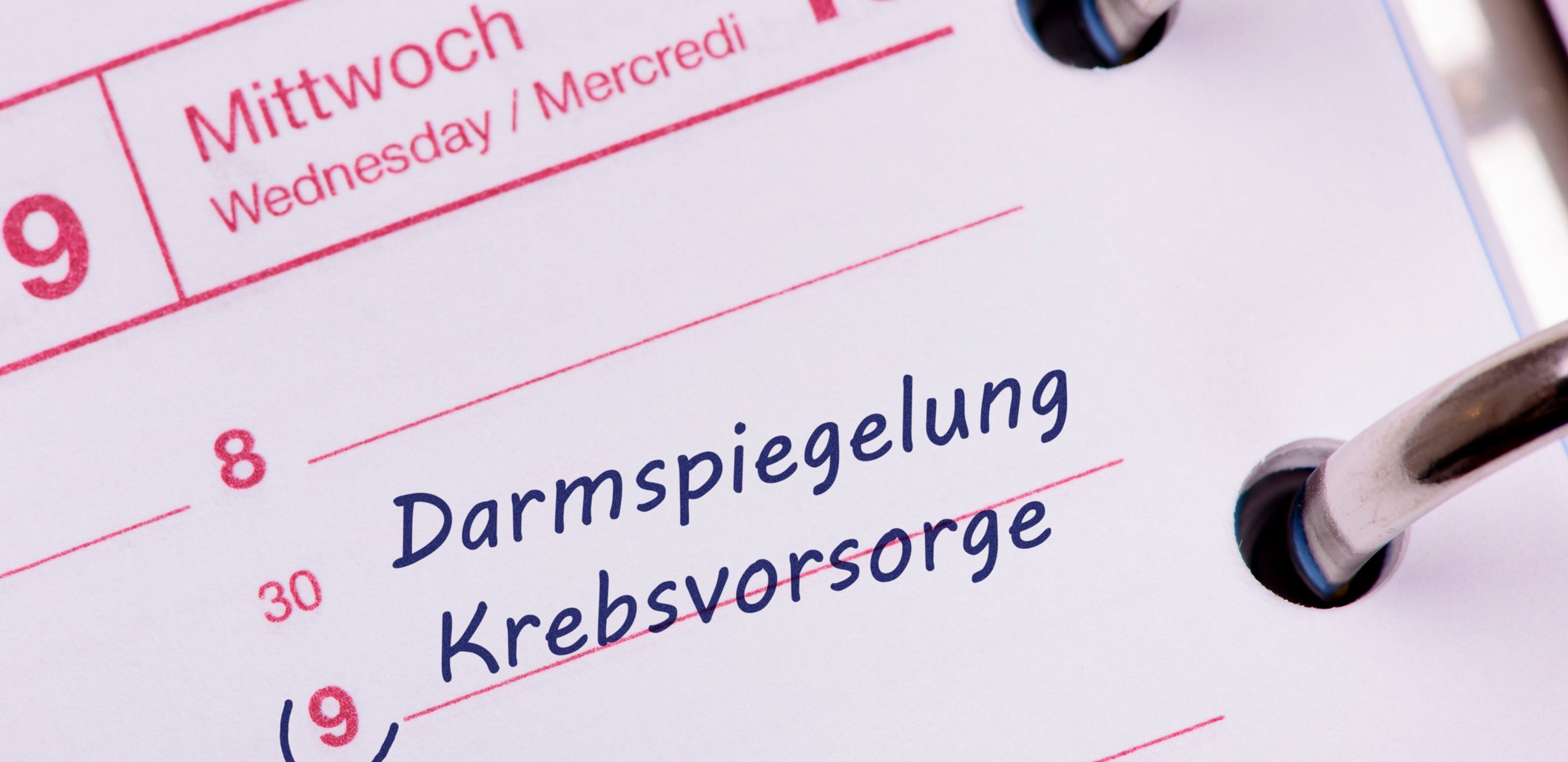Never before has our life been so rigorously regulated as in the times of Corona. Yuval Noah Harari, one of the best-known human historians of our time, says of the pandemic, “In 50 years, we might remember less about the virus than about the beginning of surveillance… The greatest danger of COVID-19 is economic and political, not medical,” he is convinced.
At least 83 governments worldwide have used the COVID-19 pandemic to justify violations of freedom of expression and assembly, according to Human Rights Watch. Authorities have attacked, detained, prosecuted, and in some cases killed critics, broken up peaceful protests, shut down media outlets, and enacted vague laws criminalizing free speech that they claim endangers public health. Victims include journalists, activists, health care workers, political opposition groups, and others who have criticized the government’s response to the coronavirus. This is not just a characteristic of well-known “rogue states: Even in supposedly democratic states, the trend toward authoritarian “denial of fundamental rights” is rampant – surprisingly, with only manageable protest from citizens.
The German journalist and lawyer Heribert Prantl, who warns of the non-medical effects of the pandemic in his new book, addresses this phenomenon of bourgeois society, especially Germany, in no uncertain terms, exposing the dominant hubris of self-righteousness and attitude as an ego trip: “Most people have changed their daily behavior not out of solidarity with the elderly and sick, but out of self-interest – not so much out of fear of infecting, but out of fear of being infected.” Parallel to the growing dominance of the “preventive state,” democratic pluralism of opinion is also being increasingly undermined: “Those who disagree on a factual issue are often personally discredited. Empathy for the other person’s position has given way to rash indignation.”
Prantl warns that the virus is infecting democracy, the law and society – and imagines with horror what, for example, old people in homes had to suffer and in some cases still have to suffer in isolation and loneliness before death. Proposal of the former public prosecutor Prantl: One should attach article 1 of the German Basic Law – “The dignity of man is inviolable” – to all entrance doors of old people’s and nursing homes and finally act accordingly. If his mother, who had already died, was housed in a nursing home under such undignified circumstances, he would sue his way “through all instances” to put an end to it.
If one listens to the sometimes unbearably self-righteous pronouncements of governments on lockdowns, relaxations and regulations, one might shout at them with Prantl: “Restriction is not the normal state, freedom is the normal state.” For it is not freedom that must be justified, but its restriction. When it comes to imposing restrictions for the most urgent reasons, this is the sole responsibility of the legislature – not of a randomly assembled body without democratic legitimacy, as is currently the case in Germany.
Now this is a German problem. Nevertheless, Prantl’s concern that exceptional laws are being extended and thus “that a state of emergency becomes a normal state. That we get used to the fact that in crisis situations, in new epidemics, in catastrophes, the restriction of fundamental rights becomes the tried and tested means.” In many parts of the world, this is already a reality. Increasingly also in Europe. This must not happen – not with us and not anywhere else. Let’s take a closer look.
I hope you enjoy reading the March issue of HAUSARZT PRAXIS.
Stay healthy!


